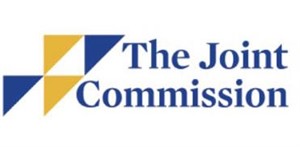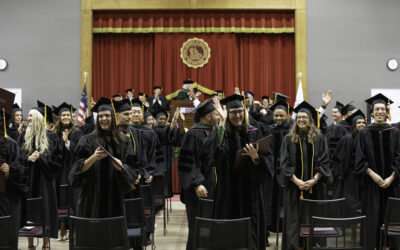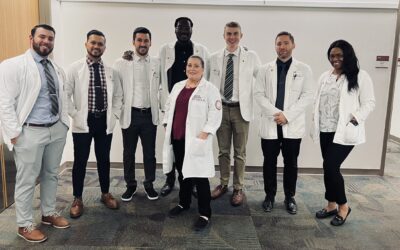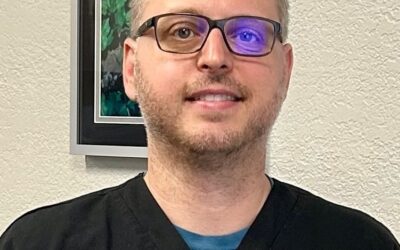In one of the latest efforts to address the opioid epidemic, the Joint Commission, a nonprofit that accredits more than 21,000 U.S. health care organizations and programs, has released new pain assessment and management standards that will require hospitals to provide nonpharmacologic pain treatment options including acupuncture, chiropractic care and massage therapy, or educate patients about them.
 The new standards will take effect Jan. 1. According to the Joint Commission’s report, these nonpharmacologic modalities may serve as a complementary approach, potentially reducing the need for opioid medications.
The new standards will take effect Jan. 1. According to the Joint Commission’s report, these nonpharmacologic modalities may serve as a complementary approach, potentially reducing the need for opioid medications.
“This update is yet another step by the medical community recognizing conservative medicine as a powerful tool in the treatment of pain,” said National University President Joseph Stiefel, MS, EdD, DC. “For decades, noninvasive treatments have helped many Americans take a conservative approach to manage not only pain, but many other chronic ailments, as well.”
Previous Joint Commission pain standards from 2000 required all patients be screened for pain by self-reporting on a 10-point scale. But in the years that followed, “signals appeared suggesting that some clinicians had become overzealous in treating pain,” according to a Journal of the American Medical Association article which studied previous standards and how they might have impacted the opioid epidemic.
Today, as health care organizations look to address the opioid epidemic, more are turning to alternative medicine practices as a first-line of treatment for pain. This includes the American College of Physicians, which updated its guidelines for low back pain in March, suggesting physicians first recommend complementary and alternative medicine (CAM) treatments such as massage therapy, acupuncture or spinal manipulation.
The National Institutes of Health (NIH) is also expanding research on CAM treatments in hopes of reducing opioid use. In September, NIH awarded $14 million in grants to study non-drug approaches to prevent chronic low back pain. The research will examine the effectiveness of spinal manipulation and self-care strategies such as behavioral and coping strategies, mind-body approaches, lifestyle advice and pain education compared to prescription medication.
In addition to minimal side effects, CAM offers a variety of treatment options, providing patients with more choices and more individualized care. At the NUHS Whole Health Center in Illinois, clinicians take an integrative, whole health healing approach specializing in chiropractic medicine, naturopathic medicine, acupuncture, oriental medicine and massage therapy.
Because clinicians and interns are trained as primary care physicians, they are able to address a wide variety of health issues and make referrals to other medical healthcare providers as needed.
To schedule an appointment at the Whole Health Center call (630) 629-9664.




0 Comments